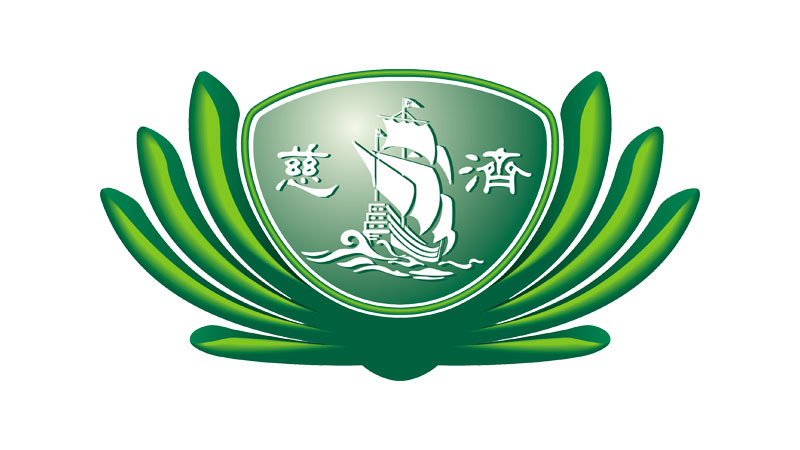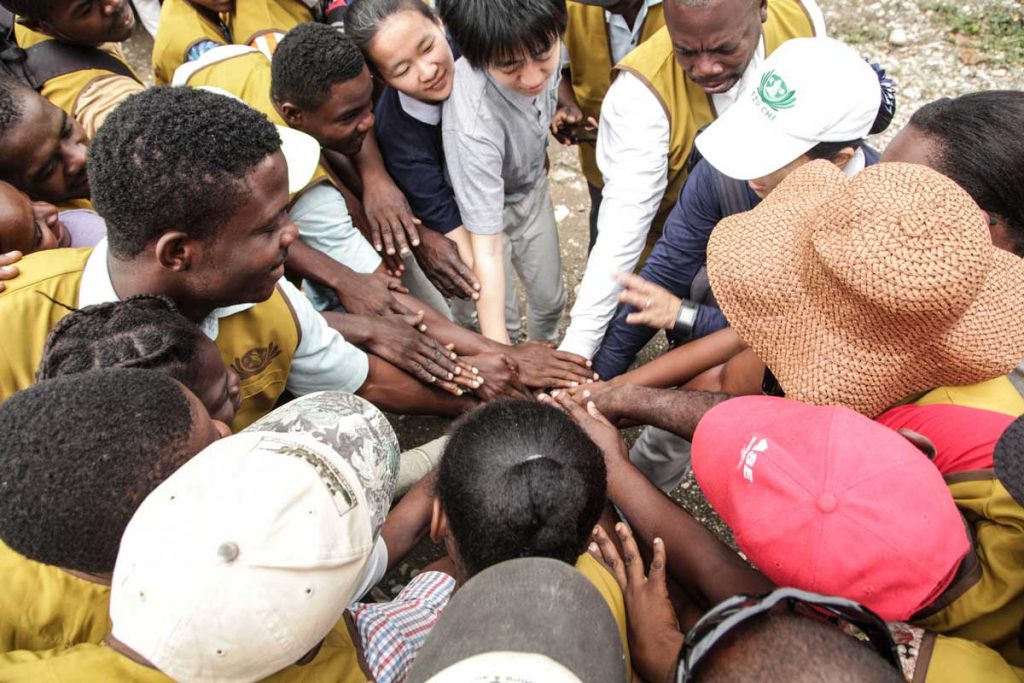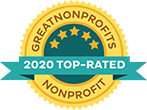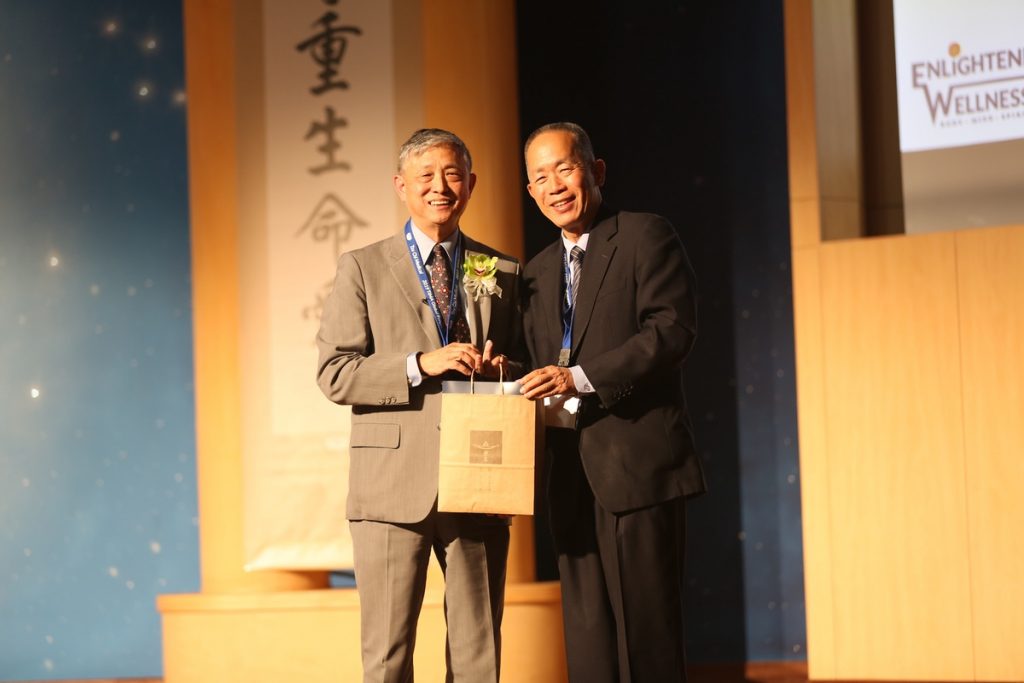
Author: Ida Eva Zielinska
During several afternoon sessions on March 30, attendees of the 2019 TIMA Global Forum, “Enlightened Wellness: Body, Mind, Spirit,” in San Dimas, CA had the opportunity to learn more about traditional Chinese medicine (TCM) and alternative medicine, and how they can complement Western medicine. Dr. Ka Kit Hui, founder and director of the UCLA Center for East-West Medicine, had introduced the topic that morning, and now members of his team shared specific examples.
Dr. Hui had spoken about how TCM employs a more detailed and comprehensive means of diagnosis than mainstream Western medicine, and often seeks to find aspects of imbalance. Yumin Cho, who is a Visiting Scholar and Project Scientist at the UCLA Center for East-West Medicine, gave a presentation on body constitution, explaining that the imbalance looked at relates to the principle of Yin and Yang – a fundamental concept in Chinese philosophy.
Based on observation of nature, all that exists is seen as in a dynamic balance between opposite yet interdependent qualities and forces.
Yin is associated with water and coolness, and is passive and descending, whereas Yang is associated with fire and heat, and is active and ascending. TCM conceives of the body constitution as also comprising these opposing qualities and forces, yet when they are in disbalance, health is affected.
Flow within the body is another aspect that affects health, and this relates to “chi,” or the life force.
Where is the flow going? Is it blocked? Where is imbalance? Why is there no resilience? Why is the body unable to maintain the flow and the balance that allows to be well and healthy? These questions would underlie diagnosis in TCM, while the goal of treatment would be to restore balance and flow.
Whereas a conventional doctor would treat insomnia with medication, an integrative or TCM doctor would seek to look deeper and in more detail at what might be the cause and address that instead. In the case of diet and nutrition, conventional medicine would offer general guidelines and recommendations, whereas TCM would fine tune the diet specifically to the individual based on their constitution.
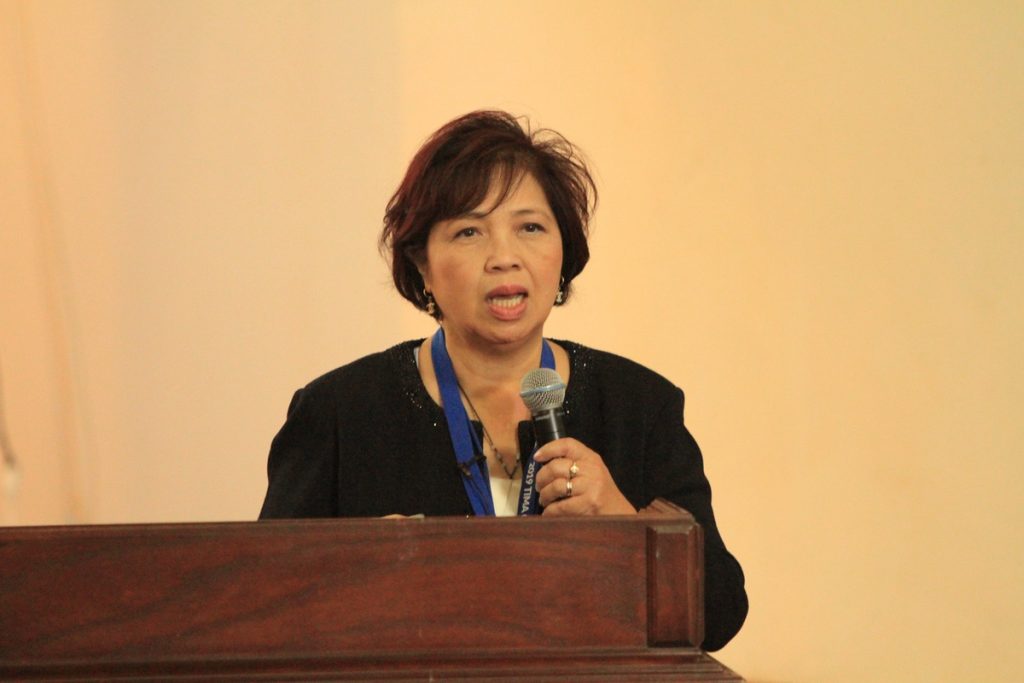
Cynthia Diep’s presentation during the afternoon revealed how in TCM, even a visual examination of a person’s tongue – its color, shape, moisture, coating – can be an indicator of health issues. And Tony Hung, Administrative Fellow at the UCLA Center for East-West Medicine, gave a presentation on Integrative Oncology and how alternative medicine can complement Western medicine.
While conventional cancer treatment might include chemotherapy, surgery, or radiation, an integrative approach would embrace complementary treatments that address lifestyle management – taking into account nutrition and diet, sleep, physical activity and exercise, and stress management. Treatments could also include herbal medicine; mind-body interventions such as yoga, Tai Chi, or Qi Gong; mindfulness-based stress reduction or meditation; acupuncture or acupressure; massage; or even music therapy.
Healing has many dimensions we learned during the afternoon, and addressing the body, mind and spirit is clearly beneficial.
